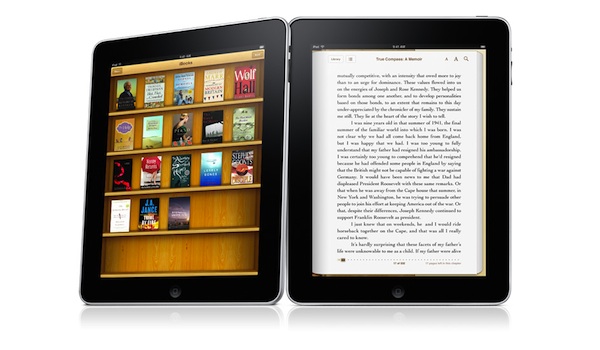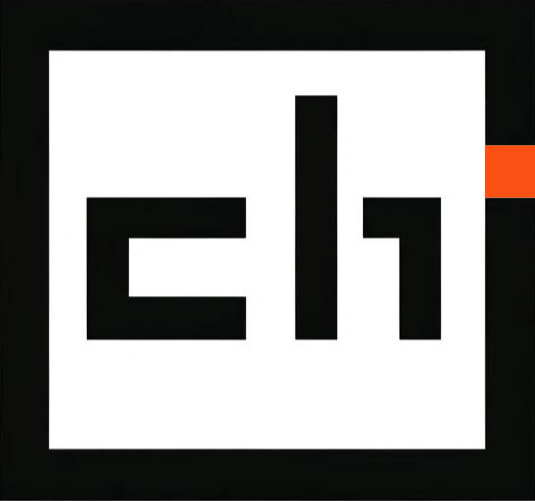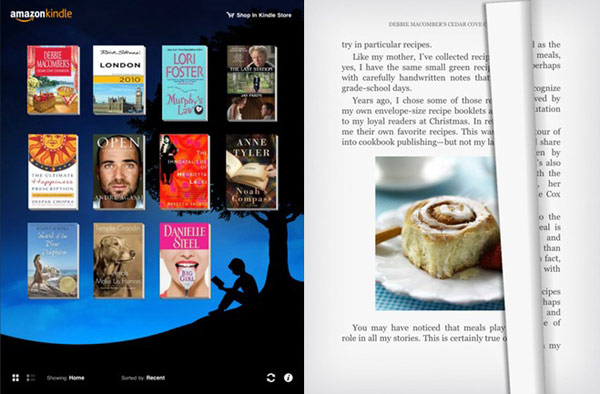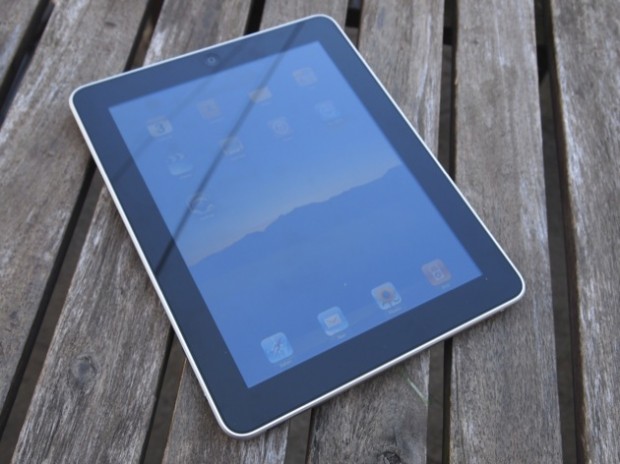Just a short while ago, we all assumed the Kindle was to be for books what the iPod was to music: the thing that ‘changed everything’ about how the medium was used in modern times. Oh, how times have changed.
In the past few weeks, Amazon has dropped the price of the regular Kindle in an effort to combat new competition and price pressure from Kobo, the Nook and the Sony Reader, while tweaking the Kindle DX and chopping its price.
The moves are, depending on who you talk to, either aggressive – or just desperate. Some sites have suggested that this is enough to reinvigorate interest in the e-reading device.
They’re wrong. The Kindle as a device is all but dead. Here’s why:
This Obscure ‘iPad’ Thing Has Rendered it Obsolete
https://www.youtube.com/watch?v=Mj5Jr0QWNMA
Okay – it’s possible that’s a slightly snarky thing to say. Unfortunately for Amazon, it doesn’t make it any less true.
The problem is simply one of value and utility. It’s not that the Kindle is bad for reading books. Quite to the contrary, it’s an excellent device, made all the better by its Whispernet service, which lets you both buy and sync books wirelessly.
But even at $189, the Kindle is too expensive. Why? Because Amazon is the very odd situation of competing against a device that, even at its cheapest, is nearly three times as expensive: the iPad.
That seems counter-intuitive, but isn’t. After all, much of the Kindle’s initial buzz came from things like the commercial you see above: the Kindle was going to be the cool, arty, even ‘anti-tech’ solution to reading digital books, the thing that all the hipsters (who actually read) would use.
This position has now been taken over by the iPad. Say what you will about Apple, but one thing they excel at is positioning themselves as ‘cool’.
It isn’t even necessarily that many people are buying iPads instead of Kindles; it’s simply that the touch-screen tablet, especially with the clout of Apple’s marketing machine behind it, has made the Kindle feel obsolete and archaic before its time.
In a product sector so determined by insubstantial things like ‘feel’, that’s a much bigger deal that it might initially appear. After all, if picking up a Kindle now feels like getting old tech, much of the initial cachet that accompanied the ‘new wave or reading’ is now gone.
The Kindle Will Be Killed by… Kindle. Wait, what?
Another ‘problem’ for Amazon – but not really – is that the Kindle apps for the iPad/iPhone etc. are better than their Apple equivalents. What this means is that the Kindle App on the iPad is better than the Kindle itself. Photos and illustrations are in crisp, full color and the newest update allows for video and audio integration – a must for the multimedia-savvy moment.
While this is good for Amazon the company, it’s one more sign that the Kindle hardware is on its way down from a position of dominance in the ebook market to a niche product.
Hardcore Readers Are Better Served By Tablets

But, for people who really love books, the Kindle is still better, right?
Nope.
‘Hardcore’ readers do not just read a lot of books. They make notes, they make connections, they scribble down ideas. And what do you think is better for those activities? The slow refresh of an eInk screen and the Kindle’s clunky keyboard, or an iPad or Android tablet?
Yeah, exactly.
Dedicated book-lovers and academics who engage with their books will find the tablet better. What’s more, the capacity to quickly shift back and forth between books and the web to look things up (not just words) is an immense benefit for informing yourself while reading. To put it plainly, those people who love books – i.e. the Kindle’s target demographic – are often better off with an iPad.
Why eReaders Won’t Entirely Disappear
Are there still benefits to eReaders? Absolutely!
First, they can be read in direct sunlight with ease. Ever try reading an iPad outside? Suddenly your fancy-schmancy tablet only really works if you hold it over your head to shield your eyes from the sun. Even if Apple’s so-called ‘Retina Display’ makes it to the iPad, there is still no good solution for making LCD screens readable outside.
More importantly though, there will always be a small subgroup of people who like the limited functionality of eReaders. The fact that you essentially can’t do anything else but read on something like a Kindle is, to some people, actually a benefit.
After all, it retains the focus and lack of distraction in printed books but adds the convenience of a portable library and wireless book purchasing.
Alas, this will only be a fraction of the eBook reading public. The bulk of people are still better off with another solution.
The Kindle is Dead… Long Live the Kindle?
As a result of numerous pressures, the Kindle as a device will be relegated to the back pages of the tech world, aimed at a select demographic who have embraced ebooks but not the multifunctional nature of tablets.
But the Kindle as a service will continue to flourish, especially as it moves towards not only Apple’s products, but Android phones and, more importantly, tablets (when they come en masse).
Practically speaking, this is ideal. After all, what it does it puts reading into the cloud, making books reachable and readable anywhere you are, regardless of where you are, whether on a portable device, at home, or simply connected to the web elsewhere. And isn’t that the promise of the future was?




The technology that made me say, “YES, I can read digital books now!” wasn’t the smaller form-factor, wi-fi connectivity, or any other features.
It was, quite simply, digital ink.
Until the iPad has a dual-mode display (digital ink, standard backlit LCD), it simply can’t be the choice for any but the most Apple-addled readers. (should I mention battery life?)
Uh I consider myself a ‘hardcore’ reader and I would never ever write notes in any book. If you own it, you don’t want to ruin it and if you are borrowing it, well that would just be rude. This isn’t high-school english, I don’t really need to take notes.
Agreed with Greg. I had a Kindle and I sold it, as I figured I wasn’t using it enough and I could read my Kindle books on my laptop anyways. But after trying this for a while, I found it very difficult to read for any substantial length of time on the bright screen of my laptop, it’s just too hard on the eyes. So I ended up re-purchasing a Kindle. Ironically perhaps, the significant advantage of the Kindle (and perhaps other e-ink based readers but I can’t say I’ve tried them) is the way it “disappears” as you use it. This was by by design, and Bezos has discussed this from the earliest days of Kindle promotion. By expanding Kindle as a platform, I see that as a further incentive to buy Kindle books over other e-book formats. And I very much do appreciate that I can read Kindle books on my iPhone, my laptop and soon on any web browser. Also my iPad (if I had one). But I’ll reiterate, e-ink or digital ink or whatever you call it, really has to be tried to be fully appreciated.
ipad = sexy kindle = productivity who wants to have a sexy chick in their jean pocket ?
I agree with Greg, this article misses the point of kindle. E-ink is actually more cutting edge than anything the ipad offers, hence the price and current limitations.
If I remember, when Amazon introduced the Kindle it was in an effort to spur ebook sales with hopes that they would become popular and others would start marketing their own ebook readers. I think the Kindle is a total win-win for Amazon no matter how you look at it. After all Amazon is first a book seller and second a device company.
Thanks for the comments, everyone. Wanted to chime in – I think the benefits of eInk are clear. I personally love my Sony Reader precisely because it reads books and nothing more. But I think given that, as a percentage, the number of people who regularly buy books is much less than those who buy music or movies etc., and as a result, more and more people will take the tradeoff in the quality of the reading experience and buy a tablet instead.
So, it’s not that I’m arguing that tablets are simply better at everything – it’s that the market for a multipurpose LCD-based tablet is much wider than that for dedicated eReaders. As I said, a small number of dedicated readers will stick with eInk devices, but I believe that they will be eclipsed in terms of numbers and cultural influence by tablets.
Hmm. I think the point that the Kindle and similar devices will be “eclipsed in terms of numbers and cultural influence by tablets” is true, but I also think tech blogger John Gruber’s comparison is apt: people who want a pocket do-everything device are likely to get an iPhone or an iPod touch, but people who just want a music player may still get an iPod mini or shuffle. They don’t need to pay for the extra features. They may, in fact, get both devices, depending on their use cases.
So think of the Kindle as the iPod of books. In fact, the way the analogy falters is actually in the Kindle’s favor — the e-ink means that the Kindle is ostensibly better at its single purpose than the multipurpose device is, whereas the iPod mini doesn’t play music any better than an iPhone does (it’s just cheaper and more portable). I can see people preferring e-ink and getting both devices, particularly since the Kindle starts at only $139.
(I’ll note in full disclosure that I own an iPad and don’t have much interest in a separate Kindle myself; both of the major e-book programs for the iPad let you switch on a “sepia tone” mode and turn down the brightness a bit, and I find that pretty easy to read in all but direct sunlight. Granted, if I did a lot of reading in direct sunlight — or any place with high glare — I would be likely to reconsider this stance!)
The Kindle was obsolete the day it came out. It was replaced by a superior technology. Perhaps you’ve heard of it? The book.